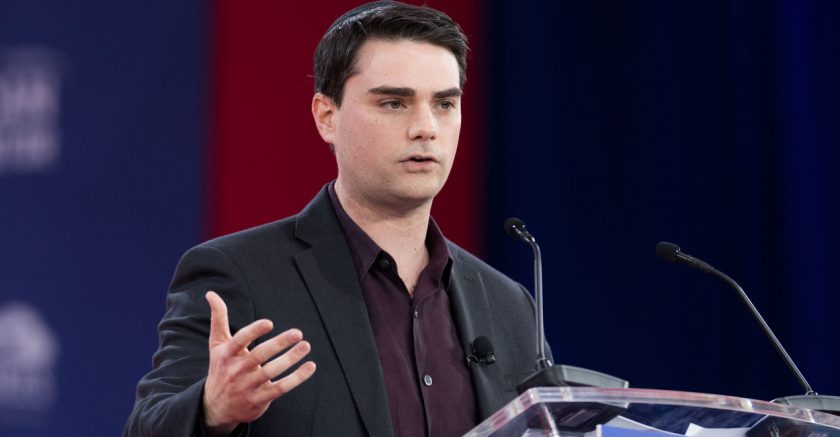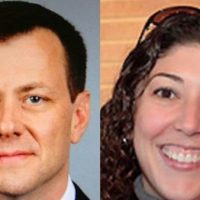A California venture capitalist has gathered enough signatures to put before voters this fall the idea of breaking his state into three.
Skeptics say the proposal will fare no better than previous efforts to do the same, yet the state is already politically fractured—and nowhere are the fissures more evident than on the state’s college campuses.
The Young America’s Foundation and the Berkeley College Republicans have found a yawning gap between what school administrators say about free speech on campus and their actions. University of California, Berkeley administrators say they “[do] not discriminate against speakers invited by student organizations based upon viewpoint.” Students say recent events demonstrate otherwise, and they’re taking Berkeley to court.
Last week, a federal judge denied Berkeley’s request that the court dismiss a lawsuit alleging that the school discriminates against conservative speech on campus. The ruling allows Young America’s Foundation and the Berkeley College Republicans to proceed with their complaints that the university has an unwritten policy regarding high-profile speakers that limits conservative campus events.
Young America’s Foundation said “Berkeley will also have to answer for its unconstitutional application of the Major Events policy” surrounding a Ben Shapiro event last fall, and argues the school used security fees to “suppress conservative speech.”
In an interview, Bradley Devlin, president of the Berkeley College Republicans, said, “Without that legal accountability, nothing is going to change. That’s why we entered this lawsuit in the first place. It’s for student organizations, regardless if they are liberal or conservative.”
Last week’s ruling is the latest development in Berkeley’s free speech saga, which dates back more than 50 years. The Washington Post says Berkeley “gave birth to the free speech movement” in 1964 after police arrested nearly 1,000 protesters staging a sit-in. More recently, the riots surrounding Milo Yiannopoulos’ attempt to speak at the school early last year followed by the on-again-off-again plans for Ann Coulter to speak have kept Berkeley in the center of the battle over free speech on campus.
Some in the state Legislature have tried to help: California Assemblywoman Melissa Melendez introduced a proposal to protect free speech on campus that is similar to legislation Arizona and North Carolina lawmakers have adopted in the last year. The Wisconsin Board of Regents has also approved operating policies similar to this legislation.
Melendez’s proposal was voted down in committee.
See the full story here.
Want more BFT? Leave us a voicemail on our page or follow us on Twitter @BFT_Podcast and Facebook @BluntForceTruthPodcast. We want to hear from you! There’s no better place to get the #BluntForceTruth.







